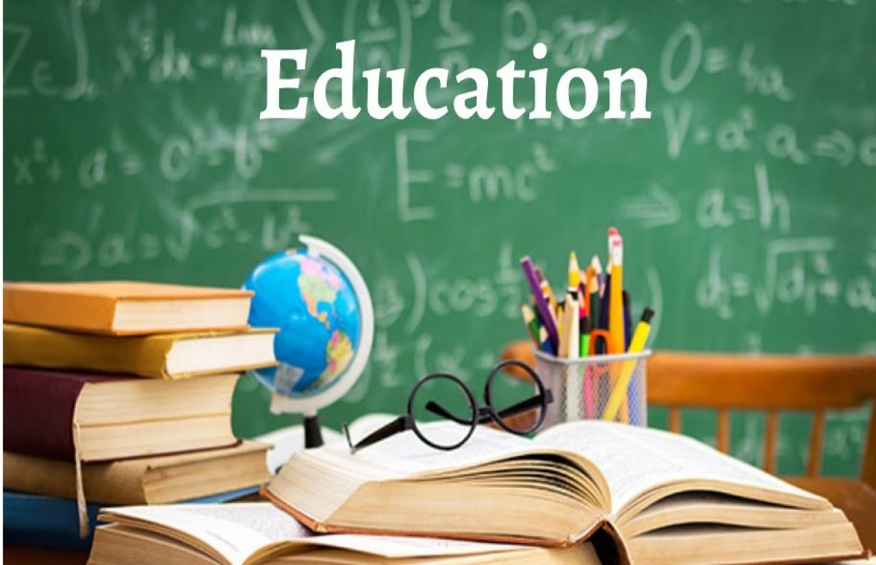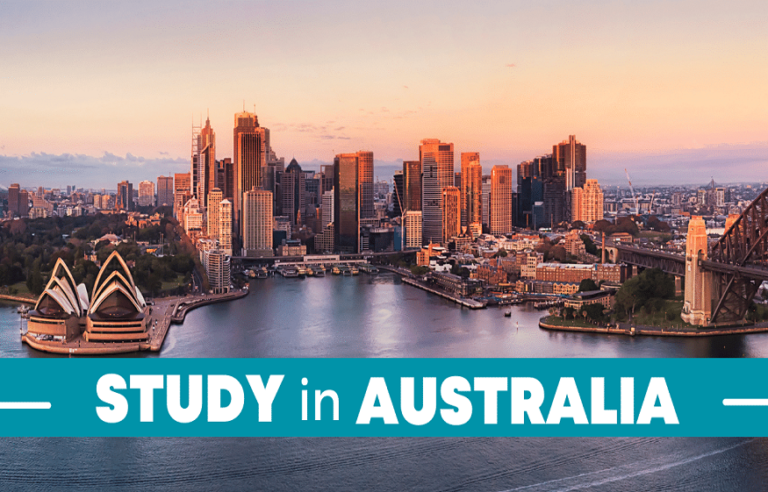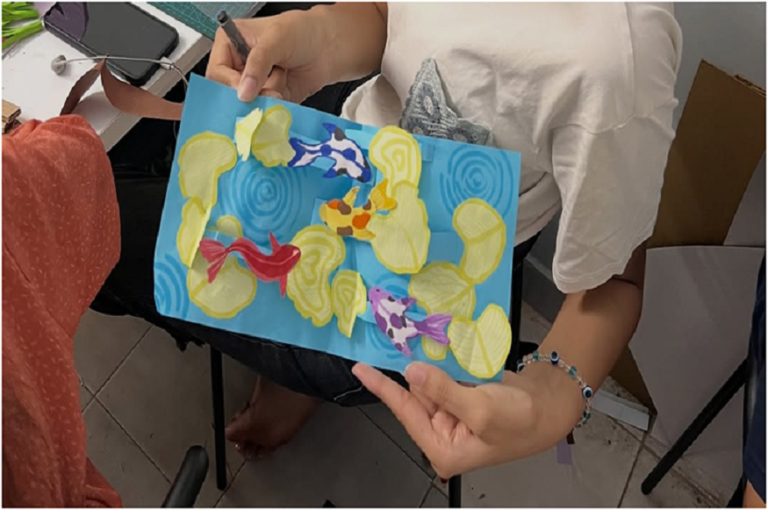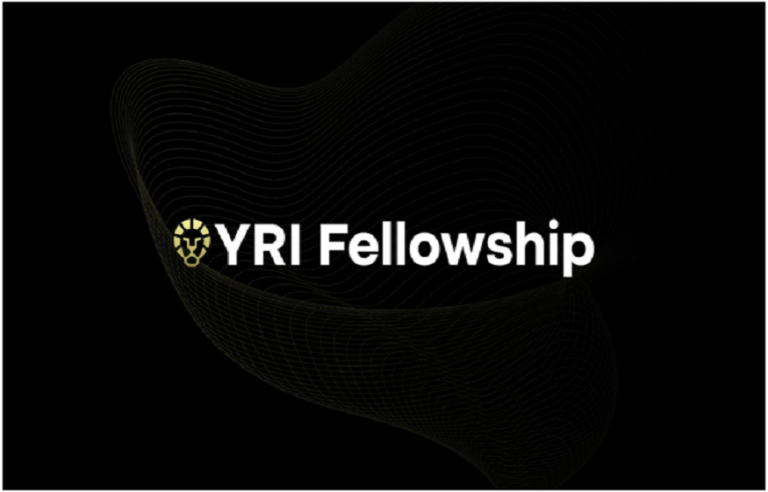
Education is a great philosophical theme. Plato was already talking about it. Philosophy is concerned with the formation of the human being and its accomplishment, namely access to wisdom. Interestingly, today’s educators are often therapists. Education is thought according to dysfunctions and the question is to know how to avoid them. We are not at all interested in human health and the mental health of the child. It is absurd to think about education without taking education into account.
For a long time, parents were the servants of social values, whether it was to make children good Christians in Roman times or good citizens after the Revolution. Today, we live in a society that is no longer anchored in its values. When they look to society, parents find no clue as to what values to raise their children. This can be an opportunity, on condition of accepting that the center of education is the child himself and the unique being that he is.
Why do you think education is based on transcendence?
It is not possible to educate without transcendence. We cannot limit ourselves to telling a child “you must obey”. The child must feel that his parents also obey a higher principle, feel that it is good for him to obey. It’s the strength of authority: making someone obey because he feels it’s good for him. If we force, it is no longer education, it is a balance of power and the parents often end up losing in this case.
So it would be the right authority versus the old authority?
Absolutely. Today, we can no longer content ourselves with banning. Arbitrary authority, which does not explain the rules, is a denial of the being that is the child and a lack of respect towards him. The child must understand the validity of what he is being asked to do and do it because he wants to.
A child who grows up without authority does not learn to oppose his impulses. He is anesthetized by his search for immediate comfort. As a result, he is not free because he is not able to question his true desires in relation to his impulses and he does not experience fulfillment through effort. On the contrary, a child victim of too much authority becomes a tyrannical adult. Take the case of the infant: he is in a state of total dependence, it is an intolerable frustration. You have to be very attentive to his needs to reassure him, he learns to accept these frustrations.
What are the bases of the happiness of educating?
Parents must be aware that education is work on oneself because one must allow oneself to be transformed by the child. Then the task of the parents is not to bring about conditioning. They must take a blank look at a new being, who knows nothing, repeats nothing and resembles only himself. Parents must respect this loved and desired being. This is the essential basis for a child to build himself without losing his truth.
Why is education based on impermanence?
Each child is unique, you cannot repeat a method of education. Every parent must learn to feel and feel with each of their children. If the feeling is right, the actions will be right. What is true somewhere at one time is not so elsewhere at another time. This impermanence makes education incompatible for me with the status of expert.
There is a big difference between the father and the mother. The archetype of the mother is the unconditional welcome, in other words “Whoever you are, I welcome you”. The father on the other hand, will say “Whoever you are, become it”. It is demanding, but without expectation. In any case, the parents want to see the mystery expressed.
How to break free from addiction?
I’m not sure there is a dependency on his children. It is rather the reverse at birth. The parents’ dependence on the children is secondary, and I think it mainly concerns the mother since the child depends entirely on her at the beginning of his life. She can therefore have a feeling of power. But it weakens as the child becomes independent. There will be a problem if the mother does not accept it.
Trust and respect. Respect is the awareness of the limit between oneself and the other. All of a person’s behavior stems from it. The child is not born with this awareness, it must be transmitted to him and this requires respect by the parents of their child. The father is more easily aware of this limit because his sphere does not come into contact with that of the child, whereas for 9 months, the child was in his mother. Fathers therefore have a vital role to play. Trust comes from respect. It is necessary for education because it is because he has confidence that a child will accept authority and will do what he is asked of his own free will. Trust makes authority natural.





